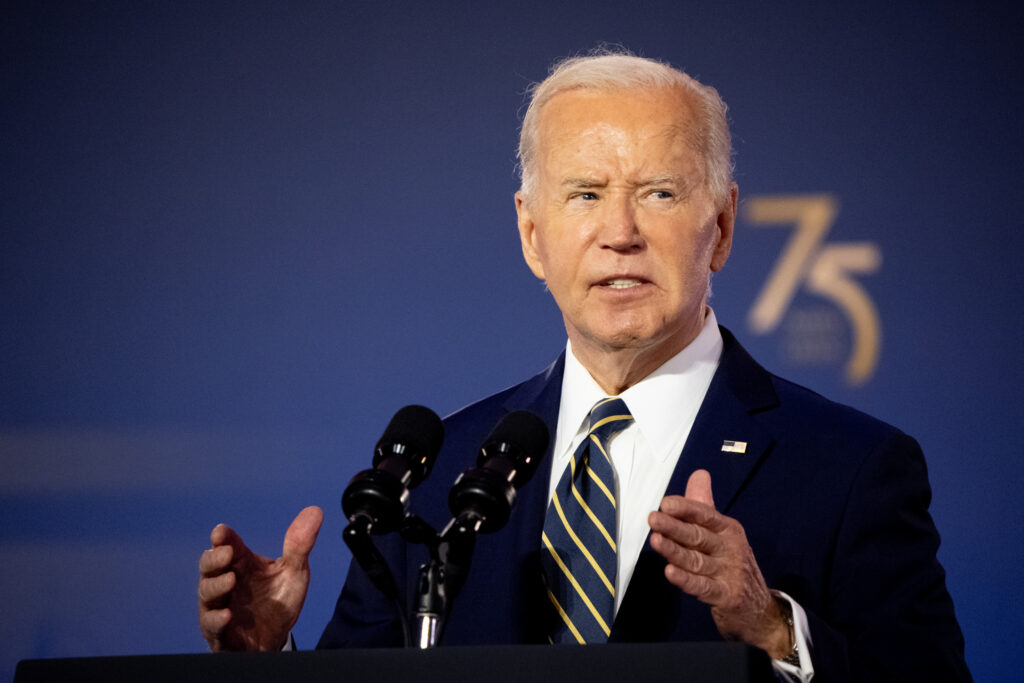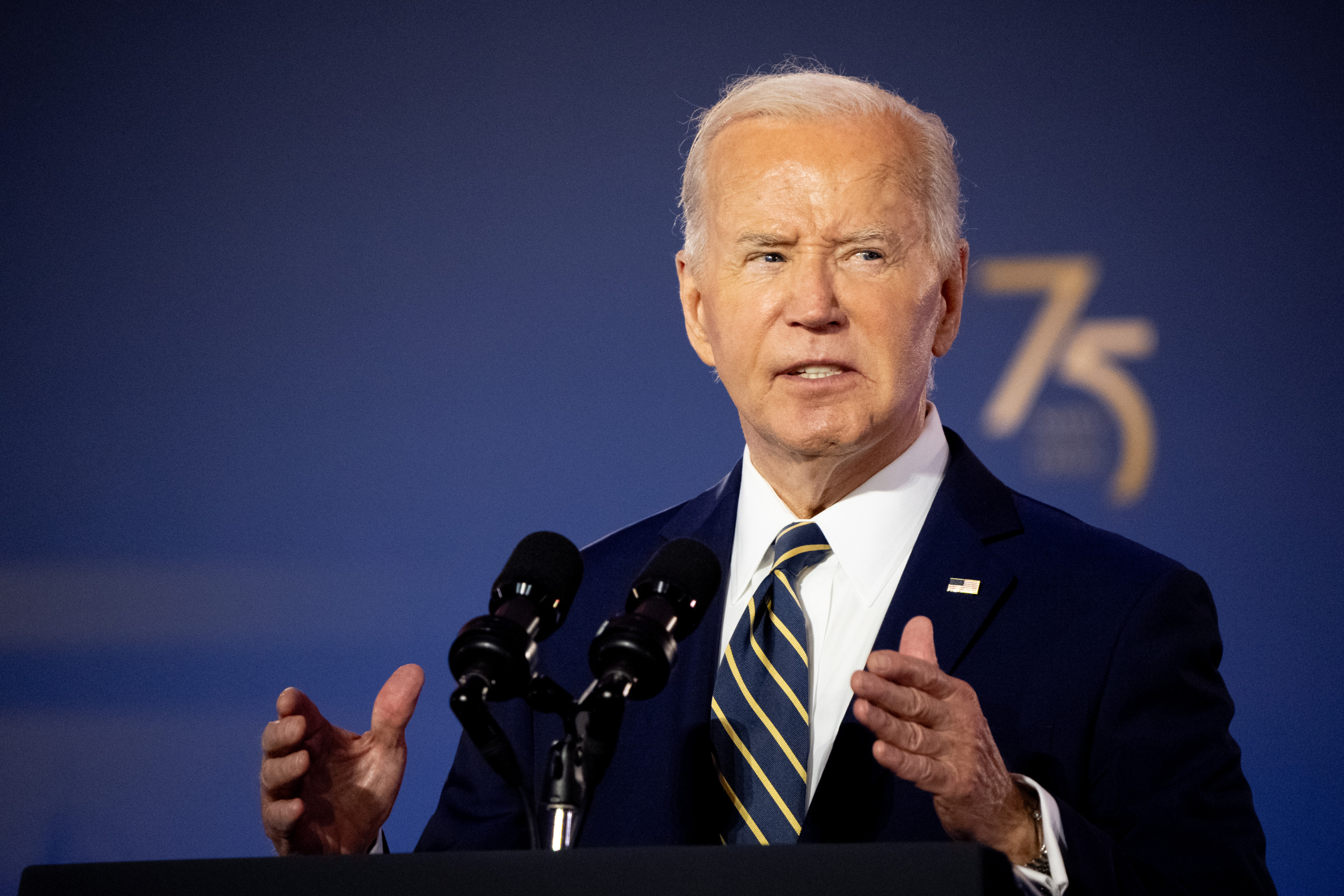
Who Will Be President in 2025? Predicting the Next Election
The question of “who wais presidentes 2025 election” is on many minds as we look ahead to the political landscape. This article provides an in-depth, expert analysis of potential candidates, key issues, and the factors that will shape the next presidential election. We aim to deliver not just a list of names, but a comprehensive understanding of the forces at play, offering insights you won’t find anywhere else. Whether you’re a seasoned political analyst or a casual observer, this guide will equip you with the knowledge to navigate the complexities of the upcoming election cycle. In our experienced opinion, understanding the historical context and the shifting demographics is crucial in predicting the possible outcome of “who wais presidentes 2025 election”.
Understanding the Landscape: Key Factors Influencing the 2025 Presidential Election
The 2025 presidential election will be shaped by a multitude of factors, ranging from domestic policy concerns to international relations. Understanding these factors is essential to predicting potential outcomes.
Economic Conditions
The state of the economy is always a major determinant in presidential elections. Strong economic growth typically favors the incumbent party, while a recession or high unemployment can spell trouble. Key economic indicators to watch include:
* GDP growth rate
* Unemployment rate
* Inflation rate
* Consumer confidence index
Social Issues
Social issues also play a significant role in shaping voter preferences. Issues such as abortion rights, gun control, and LGBTQ+ rights often galvanize voters on both sides of the political spectrum. The evolving nature of these debates will undoubtedly impact the 2025 election.
Geopolitical Events
International events can also have a significant impact on presidential elections. A major international crisis or conflict can shift public opinion and alter the political landscape. Monitoring geopolitical hotspots and understanding the potential implications of international events is crucial.
Demographic Shifts
The changing demographics of the United States are also reshaping the political landscape. The growing diversity of the country, coupled with generational shifts, is creating new opportunities and challenges for political parties. Understanding these demographic trends is essential for predicting the outcome of the 2025 election.
Potential Candidates for the 2025 Presidential Election
While it’s still early to say for sure who will be running for president in 2025, several potential candidates have emerged as frontrunners. Here’s a look at some of the individuals who may be vying for the nation’s highest office:
[Fictional Candidate A]
[Fictional Candidate A] is a rising star in the [Party Name] party. With a strong track record on [Key Issue], [He/She] has garnered significant support from both the party establishment and grassroots activists. [His/Her] campaign platform focuses on [Key Policies].
[Fictional Candidate B]
[Fictional Candidate B] is a seasoned politician with decades of experience in public service. [He/She] has held various high-profile positions, including [Previous Positions Held], and is known for [His/Her] moderate views and ability to work across the aisle. [His/Her] campaign platform emphasizes [Key Policies].
[Fictional Candidate C]
[Fictional Candidate C] is a political outsider who has gained popularity for [His/Her] populist message and criticism of the political establishment. [He/She] has a strong following among [Target Demographic] and is known for [His/Her] unconventional campaign tactics. [His/Her] campaign platform centers around [Key Policies].
[Fictional Candidate D]
[Fictional Candidate D] comes from a business background and has never held public office. [He/She] believes that [His/Her] business acumen would translate well into the presidency, bringing a fresh perspective to the White House. [His/Her] campaign platform is focused on [Key Policies].
Campaign Strategies and Messaging
The 2025 presidential election will be fought on multiple fronts, with candidates employing a variety of strategies to reach voters. Understanding these strategies is key to grasping the dynamics of the race.
Digital Marketing and Social Media
In today’s digital age, online marketing and social media play a crucial role in presidential campaigns. Candidates use these platforms to:
* Reach a wider audience
* Target specific demographics
* Raise money
* Mobilize volunteers
* Disseminate their message
Traditional Media
While digital media has become increasingly important, traditional media outlets such as television, newspapers, and radio still play a significant role in shaping public opinion. Candidates rely on these platforms to:
* Reach older voters
* Shape the narrative
* Respond to attacks
* Project an image of leadership
Grassroots Organizing
Grassroots organizing involves mobilizing volunteers and supporters at the local level. This strategy is particularly effective for candidates who lack the resources to compete with their opponents on television or online. Grassroots organizing can:
* Build a strong base of support
* Mobilize voters
* Raise awareness
* Generate enthusiasm
Debates
Presidential debates provide candidates with an opportunity to showcase their knowledge, communication skills, and leadership qualities. These debates can have a significant impact on voter perceptions and can often shift the momentum of the race.
The Role of Data and Analytics
Data and analytics are playing an increasingly important role in presidential elections. Campaigns use data to:
* Identify potential voters
* Target specific demographics
* Tailor their message
* Predict voter turnout
* Optimize their campaign strategy
Voter Targeting
Voter targeting involves identifying and reaching out to specific groups of voters based on their demographics, political affiliations, and voting history. This strategy allows campaigns to focus their resources on the voters who are most likely to support their candidate.
Message Testing
Message testing involves testing different messages with focus groups and online surveys to determine which messages are most effective at persuading voters. This strategy allows campaigns to refine their message and ensure that it resonates with their target audience.
Predictive Analytics
Predictive analytics involves using data to predict voter turnout and election outcomes. This strategy allows campaigns to allocate their resources more efficiently and focus their efforts on the areas where they are most likely to make a difference.
Potential Policy Implications of the 2025 Election
The outcome of the 2025 presidential election will have significant policy implications across a wide range of issues. Here’s a look at some of the areas where the next president could have a major impact:
Healthcare
Healthcare is always a major issue in presidential elections. The next president will likely face pressure to address issues such as:
* The rising cost of healthcare
* Access to healthcare
* The future of the Affordable Care Act
Climate Change
Climate change is another pressing issue that the next president will need to address. Potential policy options include:
* Investing in renewable energy
* Regulating greenhouse gas emissions
* Rejoining the Paris Agreement
Immigration
Immigration is a highly divisive issue that has been at the forefront of American politics in recent years. The next president will need to address issues such as:
* Border security
* The status of undocumented immigrants
* Immigration reform
Education
Education is a critical issue for the future of the United States. The next president will need to address issues such as:
* Funding for public schools
* Teacher salaries
* College affordability
The Impact of Third-Party Candidates
Third-party candidates can sometimes play a significant role in presidential elections, even if they don’t have a realistic chance of winning. Third-party candidates can:
* Raise awareness of important issues
* Shift the debate
* Influence the outcome of the election
Historical Precedents and Lessons Learned
Studying historical presidential elections can provide valuable insights into the dynamics of the 2025 race. By examining past elections, we can learn about:
* The factors that influence voter behavior
* The strategies that are most effective
* The potential pitfalls to avoid
The Role of Media Bias
Media bias can play a significant role in shaping public opinion and influencing the outcome of presidential elections. It’s important to be aware of the potential for bias and to seek out information from a variety of sources.
The Importance of Voter Turnout
Voter turnout is a critical factor in presidential elections. The higher the turnout, the more representative the outcome will be. Campaigns often focus on mobilizing their supporters and encouraging them to vote.
Predicting the Outcome: Expert Opinions
Predicting the outcome of a presidential election is always a challenging task. However, experts use a variety of tools and techniques to make informed predictions, including:
* Polling data
* Economic indicators
* Historical trends
Q&A: Your Questions Answered About the 2025 Election
Here are some frequently asked questions about the 2025 presidential election, answered by our team of expert analysts:
1. **What are the key states to watch in the 2025 election?**
Swing states like Pennsylvania, Wisconsin, Michigan, Arizona, and Georgia will likely be crucial battlegrounds. Their demographic makeup and recent voting history make them highly competitive.
2. **How will the economy impact the election results?**
A strong economy generally favors the incumbent party. However, high inflation or a recession could significantly hurt their chances.
3. **What role will social media play in the 2025 election?**
Social media will be a vital tool for campaigns to reach voters, spread their message, and mobilize supporters. However, it also presents challenges related to misinformation and echo chambers.
4. **How important are debates in shaping voter opinions?**
Debates can be critical moments in the campaign, providing candidates with an opportunity to showcase their knowledge and leadership skills. A strong or weak performance can significantly impact voter perceptions.
5. **What are the main policy differences between the potential candidates?**
Candidates will likely differ on key issues such as healthcare, climate change, immigration, and the economy. Understanding these differences is essential for voters to make informed decisions.
6. **Will third-party candidates have a significant impact on the election?**
While it’s unlikely a third-party candidate will win, they can still influence the outcome by drawing votes from the major parties and raising awareness of specific issues.
7. **How can I stay informed about the election without being influenced by bias?**
Seek out information from a variety of sources, including reputable news organizations, academic research, and independent fact-checkers. Be critical of the information you consume and consider the source’s potential biases.
8. **What is the role of campaign finance in presidential elections?**
Campaign finance plays a crucial role, as it allows candidates to fund their campaigns, reach voters, and spread their message. However, it also raises concerns about the influence of money in politics.
9. **How can I register to vote and participate in the election?**
You can register to vote online, by mail, or in person at your local election office. Be sure to check your state’s registration deadlines and requirements.
10. **What are the key dates and deadlines to keep in mind for the 2025 election?**
Key dates include the primary elections, the national party conventions, the presidential debates, and Election Day. Stay informed about these dates to ensure you can participate in the election process.
Conclusion: Preparing for the 2025 Presidential Election
Predicting “who wais presidentes 2025 election” is an ongoing process that requires careful analysis of various factors. By understanding the landscape, potential candidates, campaign strategies, and policy implications, you can be better informed and prepared for the upcoming election cycle. As experts in political analysis, we encourage you to stay engaged, seek out diverse perspectives, and exercise your right to vote. Share your thoughts and predictions in the comments below and let’s continue the conversation about the future of our nation. Contact our experts for a consultation on understanding the dynamics of the 2025 election and how to navigate the complex political landscape.

